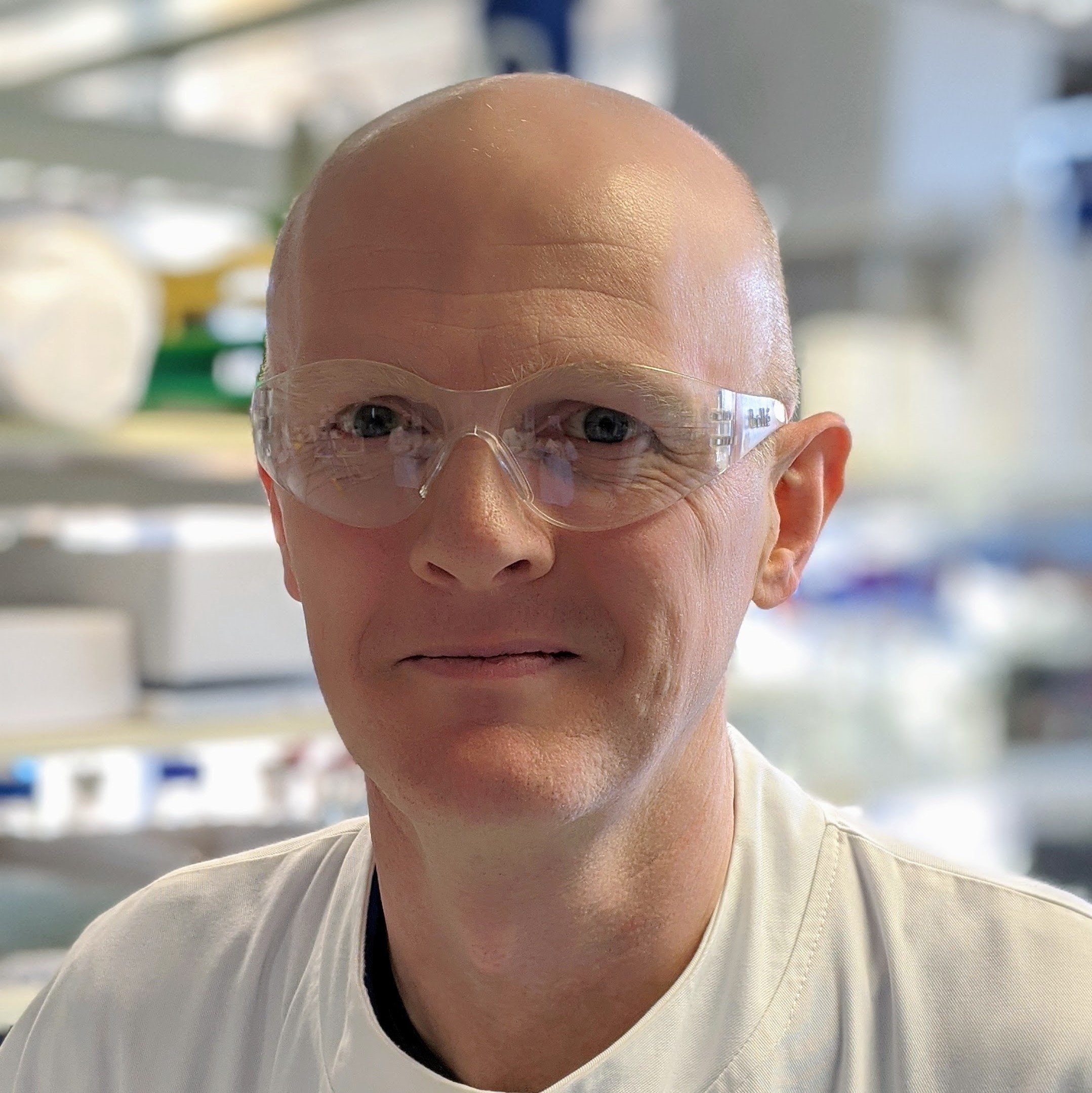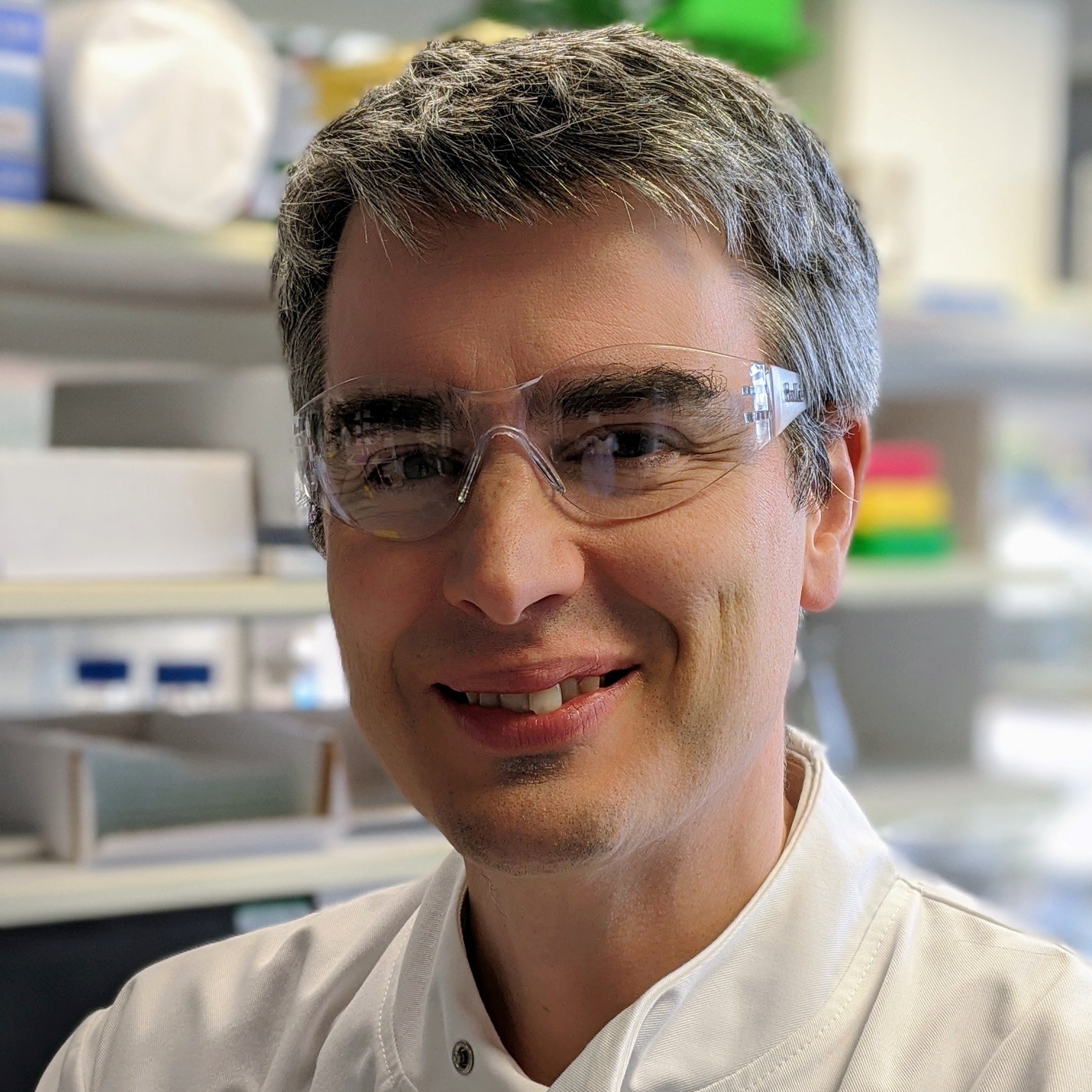Targeted Protein Degradation Group
Professor Zoran Rankovic’s group is developing PROTACs, Molecular Glue Degraders, and E3 ubiquitin ligase chemical probes to study cancer biology and develop novel cancer drugs.
Research, projects and publications in this group
Our group's research efforts aim to uncover novel cancer treatments and centre around three main themes: PROTAC, Molecular Glue Degraders, and novel E3 ligases.
My research interests focus on developing and utilising Targeted Protein Degradation (TPD) approaches to study cancer biology and discover novel cancer treatments. Towards this goal, my group research efforts centre around three main themes: PROTAC, Molecular Glue Degraders, and novel E3 ligases.
PROteolysis Targeting Chimeras (PROTACs)
My earlier research in PROTAC development led to the realisation that immunomodulatory drug (IMiD) based PROTACs rapidly hydrolyse even under mild conditions such as cell culture media, which significantly affects their cellular potency (PMID: 34614283). To address this liability, we designed novel CRBN-directing warheads with improved overall properties compared to IMiDs, namely Phenyl Glutarimide (PG) and Phenyl Dihydrouracil (PD), and demonstrated their versatility and superiority over IMiDs for the design and development of PROTACs (PMID: 34614283; 36793425; 35300081; PMID: 36001679; 36793425; 34110416). We have access to a large library of linker-E3 warhead intermediates and a wide range of biochemical and cell-based assays that enable us to rapidly develop potent and selective PROTACs suitable for in vivo proof-of-concept studies.
Molecular Glue Degraders (MGDs)
Whereas the PROTAC approach to target protein degradation greatly benefits from rational design, the discovery of small-molecule degraders relies mostly on phenotypic screening. Building on the experience from earlier programs and success in discovering potent, selective, and orally bioavailable MGDs (PMID: 34042448; 37172201; 38228616), we are now rapidly expanding our second-generation library, using the accumulated SAR, cheminformatics, and structural biology data. To identify novel neosubstrates and MGDs, the library is screened against a range of cancer cell lines developed by our collaborators at the ICR and Royal Marsden Hospital.
Enabling novel E3 ubiquitin ligases
While the human genome encodes over 600 E3 ubiquitin ligases, TPD is currently limited to the few for which ligands have been reported, mostly CRBN and VHL. Identifying druggable E3 ligases that are oncogenic drivers, or/and differentially expressed in tumours, will not only broaden the spectrum of tractable target oncoproteins but will also introduce additional levers for improving the efficacy, selectivity, and safety of protein degraders. We apply bioinformatics approaches using assembled and harmonised genomics, transcriptomics, and proteomics data to define the landscape of E3 dependencies and expression patterns in cancer and select E3 ligases for this program (PMID: 33004795).
Professor Zoran Rankovic
Group Leader:
Targeted Protein Degradation
Professor Zoran Rankovic is Director of the Centre for Protein Degradation. He applies his targeted protein degradation, medicinal chemistry, and drug discovery expertise gained over 25 years of research in both industry and academia to discover and develop novel cancer treatments.
Researchers in this group
 .
.
I have been at ICR for over 17 years, during which time I have worked on a number of small molecule targeting drug discovery projects. These have ranged from kinases, including AKT, to more recently molecular glue degraders, and invariably involve a strong element of structure based design in their approach.
 .
.
Email: [email protected]
Ellie joined the ICR in January 2023. She completed her undergraduate degree at the University of York, including a year working in industry at Hoffmann-La Roche in Basel, Switzerland. Ellie then went on to obtain her PhD from the University of Bristol under the supervision of Professor Jonathan Clayden and Dr Alastair Lennox, where she developed an electrochemical methodology for biaryl synthesis. Her work at the ICR involves the development of novel E3 ligase mediated degraders.
 .
.
My research area of interest is early stage drug discovery. I have recently started working on the design and synthesis of new inhibitors of HSET in order to interrupt centrosome clustering in cancer cells. Prior to that I spent two interesting years targeting CRBN and assisting in the creation of a library of small molecule protein degraders.